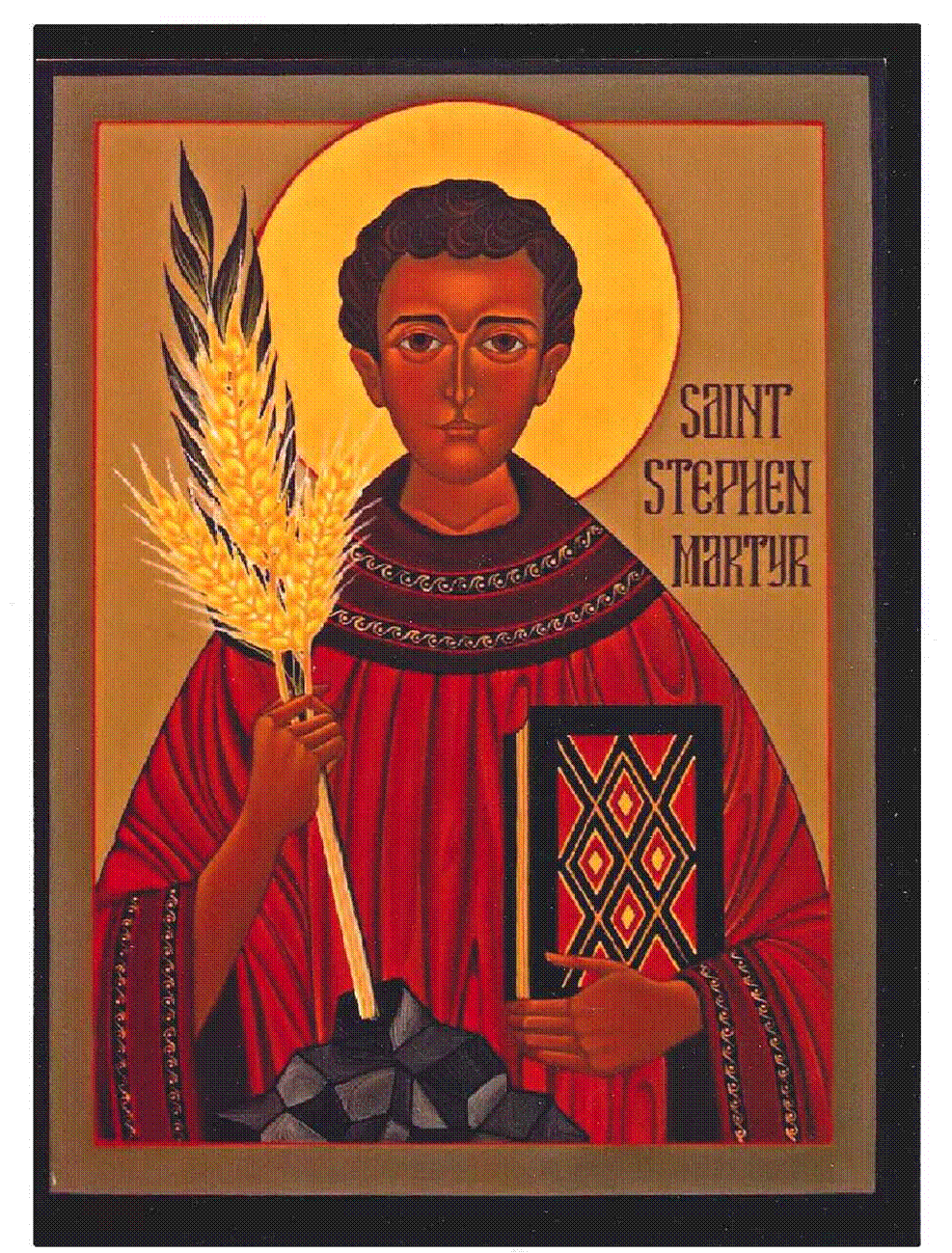Constance

I was talking a couple of months ago with Bishop Jim Gonia of the ELCA Rocky Mountain Synod. “An awful lot of moving parts,” he said. We were talking about the situation of the church as we look to the future of the church as we come out of the pandemic and look around us to see a very changed landscape, changed in subtle and not-so-subtle ways. Our conversation reminded me of a conversation I had had a year ago with a counselor who I had asked for guidance as I was trying to discern the future into which I felt God was calling me, but which was not at all clear to me: “There are a lot of moving parts,” he said. He spoke the truth.
Now, fourteen months or so later, I’ve uprooted from the northeastern plains of Colorado, and landed in my nephew’s basement in Shoreview, Minnesota. The number of moving parts, however –personally, ecclesiastically, and socio-politically – seem only to have increased! So what is to be counted on to keep one sane and faithful in a time of uprooting and turbulence?
Well: for one thing, the steadiness of discipline. Sort of. For instance, as my place of prayer has changed in radical ways over the last two weeks, what has not changed has been the fact of prayer. Prayer has changed; the forms are shorter, they take less time. But I’ve developed a basic discipline that I am absolutely dependent on. I don’t write this out of pious smugness: I write this from a more humble sense of need. I need to start each day with at least the shortest of pauses, rather than tearing into the packing and sorting and tossing that are a part of even a minor transition in one’s life. I sort of remember hearing years ago that “we do not keep our disciplines; it is our disciplines that keep us.” Let me tell you: it’s true!
Another thing about discipline that I have heard and am learning again that is true: even though one has failed to maintain one’s discipline, the thing about a “discipline” is that one can move back into it. The poet from Islam’s mystic Sufi tradition, Rumi, has given us a poem, “Come, come whoever you are … Come! Even though you have broken your vows a thousand times!” His point is that we can always begin again; we pick up where, for whatever reason, we have broken off, and find that God is always there, waiting for us to come back. There is no need for shame, embarrassment, or regret. The arms of God are always open and ready to receive us. Again. And again. And again. In a time when there are an awful lot of moving parts, there’s a lot of disruption. But we’re never so disrupted that we can’t begin anew.
One of the strident disrupters of the time in which we live is disagreement over the nature of the God in whom we believe. I have to think about this God once again these days. I believe that the God who has called me to disciplined daily worship of God is the God who called Abraham and Sarah and lured them into the desert and cared for them there even when they were faithless to God; who called their descendants into Egypt where they found themselves in bondage and who freed them from the power of Pharaoh by the Exodus, again, into the desert; who remained with them when their royal nation fell apart and they were, once again, made captive exiles in Babylon; who then called them with the voice of the prophet Isaiah to return because “I make all things new.” This God is always the God of comfort and of empowerment and of liberation, who is always on the side of the widow and the orphan. Whenever I am overwhelmed by “moving parts,” wherever they come from, God’s faithfulness to God’s people enables me to buckle up my shoes and continue my practice of being faithful to God, however feebly, because of God’s prior history of faithfulness to me.
And this God honored the flesh in which I live by walking around the campground in which I tent, in order that I might share God’s resurrected life. God makes all things new. Trusting in God’s constancy to carry me in spite of so many moving parts, I am free daily to begin anew.
Pr. Allen Heggen
























Comentarios